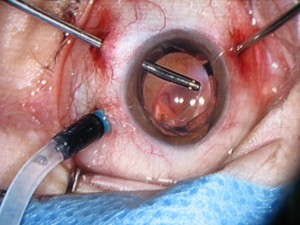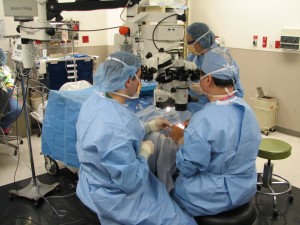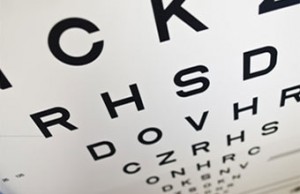If you are a current or future ophthalmology resident, you should become familiar with the lectures produced by Dr. David Hunter MD PhD. He is the Chief of Ophthalmology at Boston Children's Hospital and has produced four, one-hour lectures that are incredibly high yield. I heard about these lectures before I took the OKAPs in-service exam during my first year of ophthalmology residency and I haven't looked back. Optics was, by far, my best score on the OKAPs my first year and I credit Dr. Hunter's lectures for the success.
You can find all of his lectures on video, for free, on the Boston Children's Hospital website (link). He has specifically said that he would love for everyone to have these lectures for free. Therefore, I will link to each of his lectures below. I have found that the above link occasionally does not work (usually in early March of every year, because we are all downloading from it). If you have issues, let me know and I can send you the files from my computer.
I really like the video lectures, however he has also published a book with the same content. Most of the residents in my program actually prefer the book because they feel like they can get through it faster and things are more clear when they read the book. Whether you use his lectures or his book, the content is the same and it is fantastic. Take a few hours before the OKAPs to really learn this stuff, it will pay off in the long run.
|
LINKS TO LECTURE VIDEOS |










 My name is Andrew and I am a first year resident training to be an ophthalmologist. I created ShortWhiteCoats to provide medical students, residents, and the public with all the information I spent so many hours looking for during medical school.
My name is Andrew and I am a first year resident training to be an ophthalmologist. I created ShortWhiteCoats to provide medical students, residents, and the public with all the information I spent so many hours looking for during medical school.







